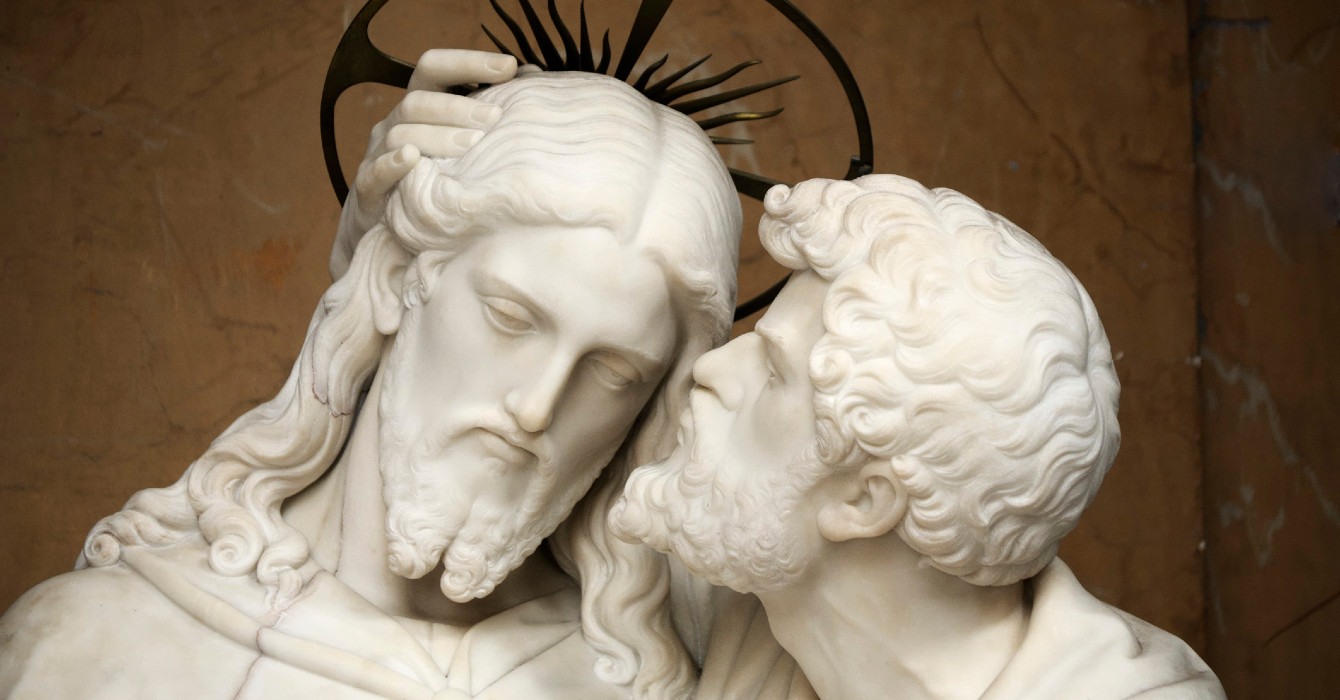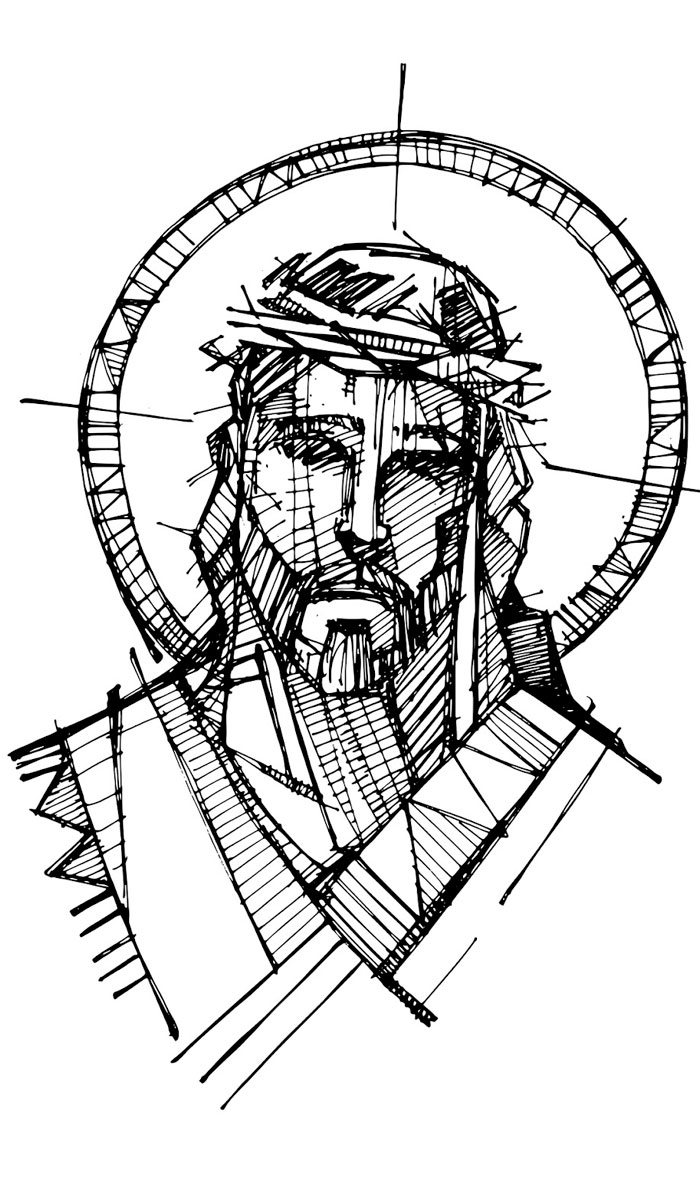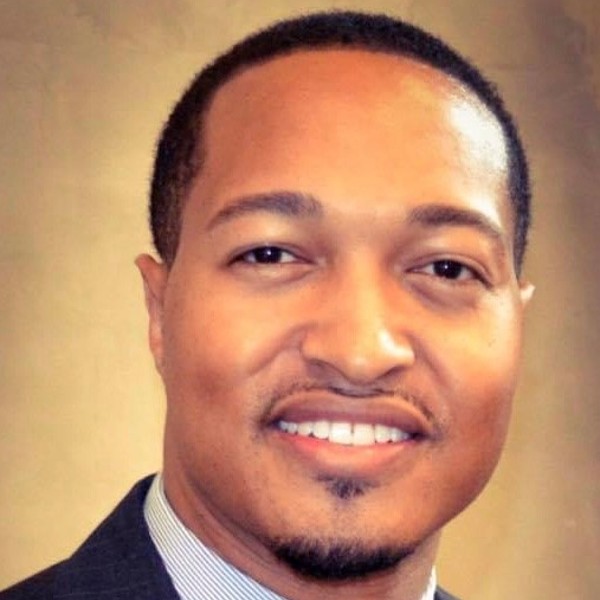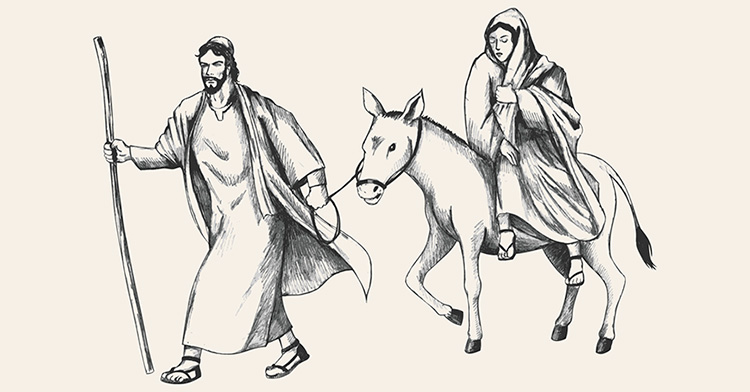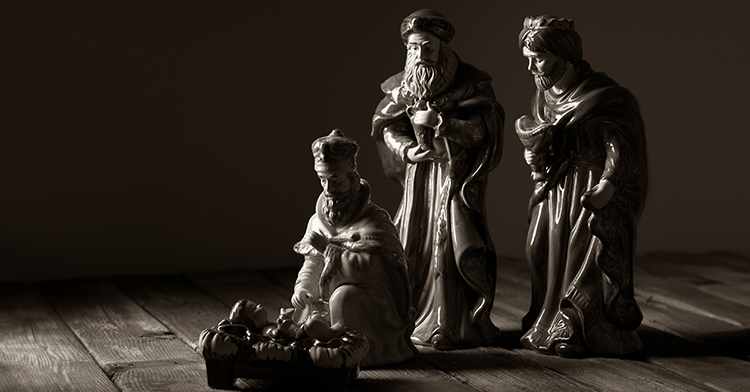Thirteen chapters into the Gospel of John, Jesus gathers with his disciples for a meal. He speaks about betrayal, love, and the work which the Father gave him to complete. Anyone who has read Matthew, Mark, Luke, or—come to think of it—Paul, has an idea of what happened at that table.
The other places that we read of that important meal, we hear “on the night he was betrayed, took bread, and when he had given thanks, he broke it and said, ‘This is my body that is for you. Do this in remembrance of me.’” Likewise with the cup of wine, as each of the first three gospels record. But that’s not how John tells the story.
In his gospel, Jesus hosts the meal and, as in all the others, rises from the table. But he doesn’t pick up the bread and the cup. He doesn’t announce a new covenant. Instead, during the meal he gets up, takes off his clothes, wraps a towel around himself, and moves from person to person around the room. God begins washing feet. In the other gospels Judas shares the bread and the cup with the others. In John, he has his feet washed too.
A music critic and a Christmas CD helped me better understand what John was up to. Carla Bley, the 73-year-old jazz composer and pianist, recently released an album of carols¬ featuring all the familiar songs of the season. Only, some are a bit off. For example, in “O Tannenbaum,” she plays the melody we all expect, until, on the last word (“thy leaves are so un-changing”) her horn player lets out an flat, unmelodic sound—the kind that jolts you out of the sentimentality that had lulled you along to that point. The critic explained that the off-note is the one that speaks the loudest: “a wrong note in the right place can make all the difference.”
Maybe that helps explain a little of what John intended: a wrong note in the right place. We know—as John’s audience did —the details of the first Lord’s Supper. Maybe we know it well enough that we hear the account with a familiarity that lulls us along. John gives us a similar setting, the same people, and even concludes in ways that largely parallel Matthew, Mark, and Luke. But his retelling stands out for the off-note. John reminds us that “the night that he was betrayed” was the same night he demonstrated the extent of humiliation to which his love carried him.
In our church, we hold a service just before Christmas called ‘worship on the longest night.’ When our culture is approaching its most sentimental, high-on-the-holidays point of the year, we gather around the table to remember the pains and losses of the past twelve months. It’s a heavy and hopeful service—one that acknowledges both the light of Christ and the darkness of this world. In the midst of the Christmas rush, last-minute bargains, and lots and lots of people smiling at you because that’s what you do at Christmas, it’s a bit of a “wrong note.” But, as John shows us, it's the wrong notes that sometimes make all the difference for how we understand what God is actually doing.
Chris Blumhofer is a freelance writer living in Durham, N.C. His has written for BuildingChurchLeaders.com, Leadership journal and the blog “Out of Ur.”




